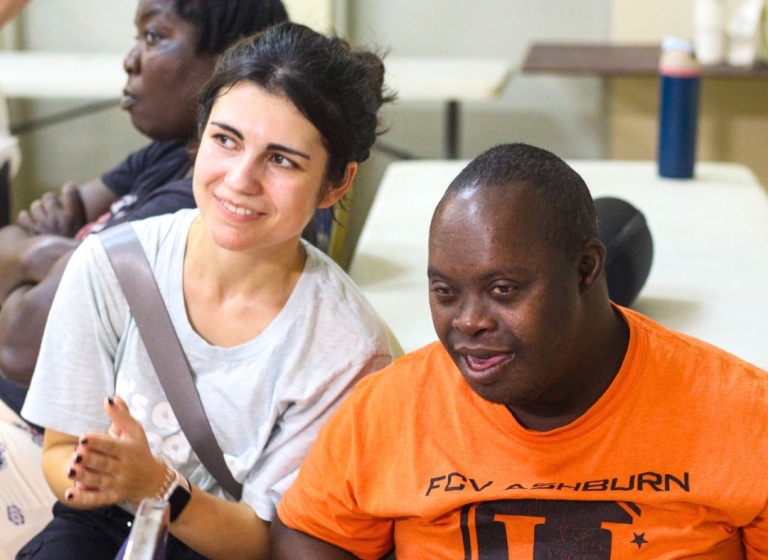At Mustard Seed Communities, our mission is to recognize and uplift the dignity of every human person, because each individual is an invaluable presence in our world.
Of the 750 individuals with disabilities living in the care of MSC globally, dozens live with Down syndrome. While society sometimes abandons individuals with disabilities due to lack of medical care and resources, MSC’s mission is to empower everyone as they are – unique, loveable, and invaluable. That’s why, at MSC, we extend a welcoming hand to individuals on society’s margins who are in need of medical care, shelter, education, and a community of love.

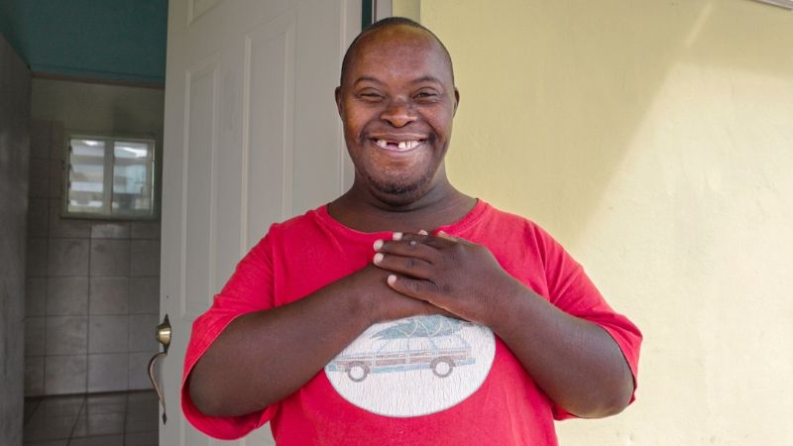
Caregivers recall that when Lee Chin first arrived at MSC, he struggled with communication and could be aggressive. They then witnessed a transformation when he began receiving attentive medical support: he was motivated to participate in chores like laundry, learned to speak a few words, and became a magnificent friend to others.
Today, living at Jacob’s Ladder, Lee Chin wears his big heart on his sleeve. He loves dancing, hugs, and participating in Mass. Surrounded by friends and caregivers who understand his needs and perspective, Lee Chin is empowered to be himself – and he is truly wonderful.
We believe learning about the experiences impacting others’ lives helps us to love one another more. Here, we share what we know about Down syndrome – what it is, how it affects lives, and how visitors to MSC apostolates can interact with residents living with Down syndrome with the respect and dignity we all deserve.
What is Down syndrome?
Down syndrome is a genetic condition that happens when a person has an extra copy of Chromosome 21. This difference in cell division affects development and causes some unique characteristics to manifest. Individuals with Down syndrome may share certain physical traits and experience developmental differences, but just like everyone else, they have their own personalities, strengths, and abilities.
How common is Down syndrome?
Down syndrome affects 1 in 1,000 to 1 in 1,100 live births globally, resulting in 3,000 to 5,000 children born with this condition annually.
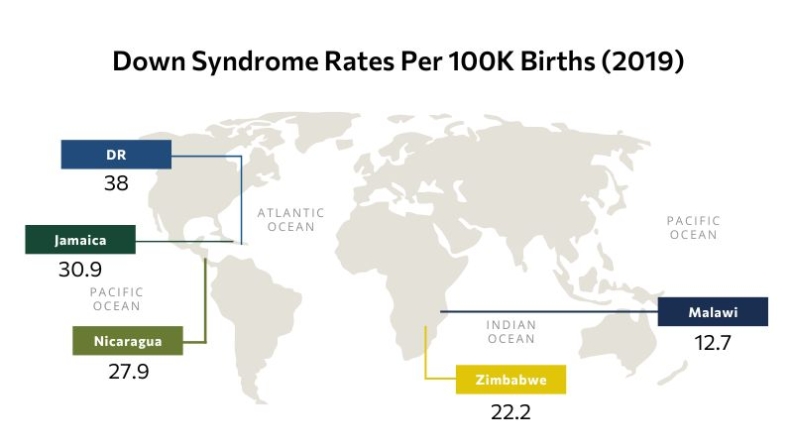
What are some developmental and intellectual symptoms of Down syndrome?
Every person with Down syndrome is unique, and the way it affects them can vary. Some common traits include low muscle tone and loose ligaments, which can make joints extra flexible. This might mean hitting milestones like crawling, sitting, and walking a little later than usual.
Down syndrome can also affect vision and how a person processes sounds, but just like everyone else, they grow and learn at their own pace.
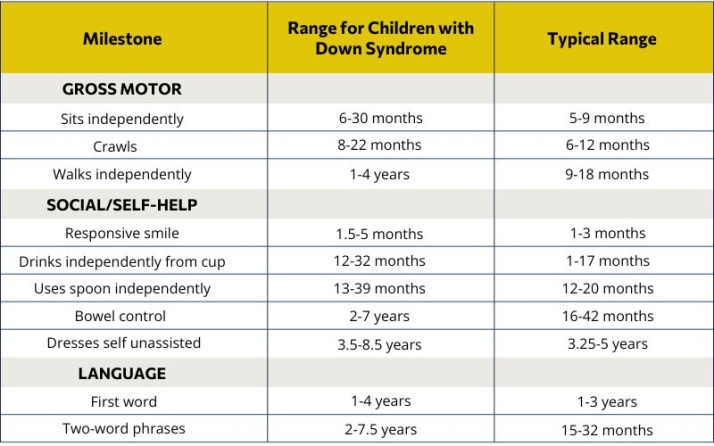
What behavioral and communicative differences might there be?
Individuals living with Down syndrome have a wide range of personalities, just like everyone else. While speech and language development may be delayed, many individuals excel in social interactions and communicate effectively through gestures, facial expressions, and body language. Their strong non-verbal communication skills help them connect with others in meaningful ways.

How should mission volunteers interact with MSC community members with Down syndrome to respect their needs?
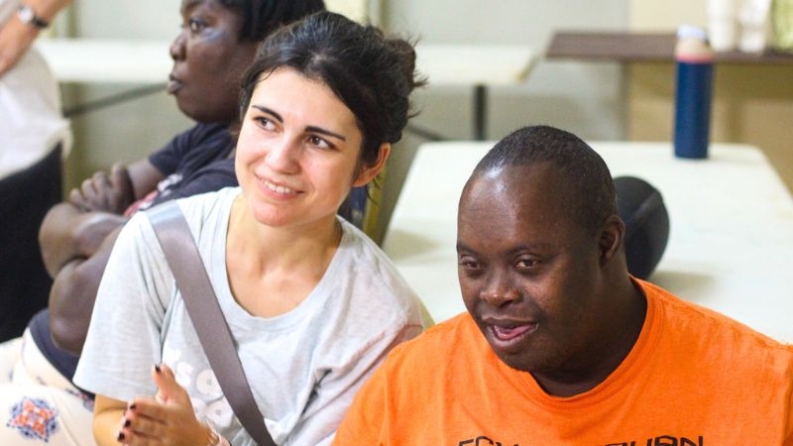
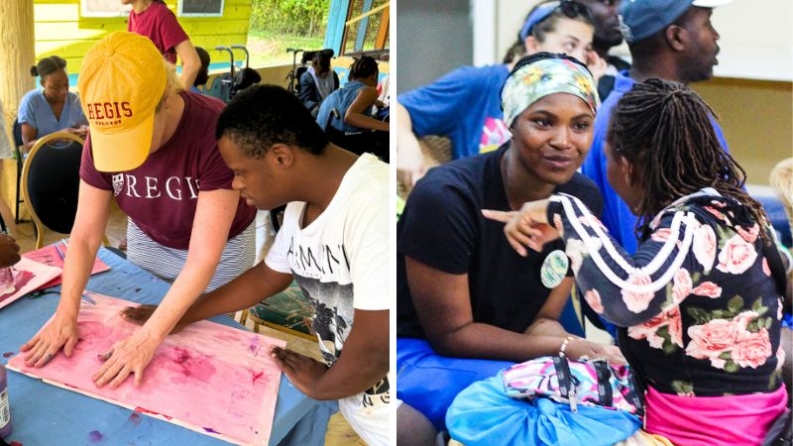
Respecting each person’s dignity should always be at the heart of our interactions—not based on abilities, but on the intrinsic value of who they are. When engaging with residents living with Down syndrome at MSC, caregivers and experts suggest the following best practices to foster informed and meaningful connections:
- Talk to them like you’d talk to a friend. Meet everyone at eye level, make eye contact, and just be yourself.
- Use clear words. We should set limits and rules for boundaries and be consistent in following through with what you have said.
- Be animated. Being expressive and making gestures goes a long way in engaging others.
- Be patient. The individual can take their time in responding to you. Just like with any person, respect their space and time.
Central to Mustard Seed Communities’ ethos of care is the dignity of every individual and their capacity to give and receive endless love.
Inspired by the compassion of Jesus Christ, we approach people across every difference with equal respect.
Healing and hope extends widely in our bodies and our souls – across all conditions, we are honored to encounter the soul of another person.
Thank you to the following sources for providing information on Down syndrome for our education:
Down Syndrome Resource Foundation|Boston Children’s Hospital| PediaStaff |World Population Review
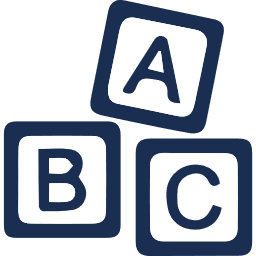 Education
Education
